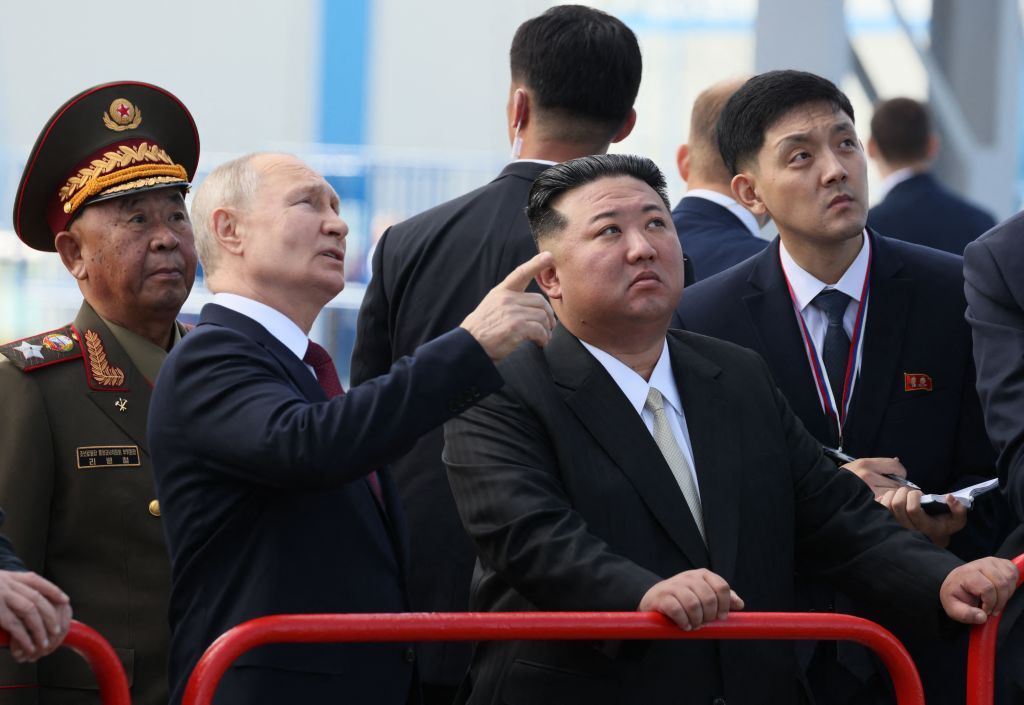State Department: US may not continue supporting Ukraine at level of 2022, 2023

The U.S. is committed to supporting Ukraine for "as long as it takes" but that does not mean that the level of support will remain at the levels of 2022 and 2023, State Department spokesperson Matthew Miller said at a press conference on Jan. 4.
The U.S. has been mired in an ongoing debate about authorized new funding for Ukraine, which has become an increasingly partisan issue. Senate Republicans blocked a bill containing $61 billion in aid for Ukraine in early December largely for domestic political reasons.
The following week President Joe Biden said that the U.S. will continue to support Ukraine for "as long as we can," a rhetorical shift from his common refrain that the U.S. is committed for "as long as it takes."
Miller's comments come as other U.S. officials have acknowledged that there is essentially no money left for Ukraine aid absent legislative action by Congress.
When asked by a reporter if it is U.S. policy to support Ukraine for as long as it takes, Miller affirmed the statement, but added "That does not mean that we are going to continue to support them at the same level of military funding that we did in 2022 and 2023. We don’t think that should be necessary because the goal is to ultimately transition Ukraine...to stand on its own feet and to help Ukraine build its own industrial base and its own military industrial base so it can both finance and build and acquire munitions on its own."
Miller said there was "no tension" between his comments and those made by Secretary of State Antony Blinken in December, in which Blinken said "We have a very clear plan, as I said, to make sure that Ukraine can stand on its own two feet – militarily, economically, democratically – so that these levels of support and assistance will no longer be necessary."
Blinken added that "we have to help Ukraine get through the next period of time, get through this winter, get through the spring and summer," but did not explicitly say that the U.S.'s aid would decrease after that. He also did not say that the level of funding Ukraine in 2024 would be less than previous years.
Ukraine has been increasingly focused on upping its domestic military industrial capacity, which President Volodymyr Zelensky said had tripled in 2023.
Ukraine's allies have also pledged assistance in the process.
German arms manufacturer Rheinmetall CEO Armin Papperger said on Dec. 2 that the company plans to build the first armored vehicles on-site in Ukraine in the summer of 2024.
Later in December, Ukrainian and U.S. officials signed a statement of intent on the co-production of weapons.
Still, it is unclear how Ukrainian domestic production would fill the gap created by a reduction in military aid from the U.S.
Foreign Minister Dmytro Kuleba said on Jan. 3 that "we don't have a plan B (if U.S. aid ends), we are confident in plan A."
"Ukraine will always fight with the resources given to it," he added.














